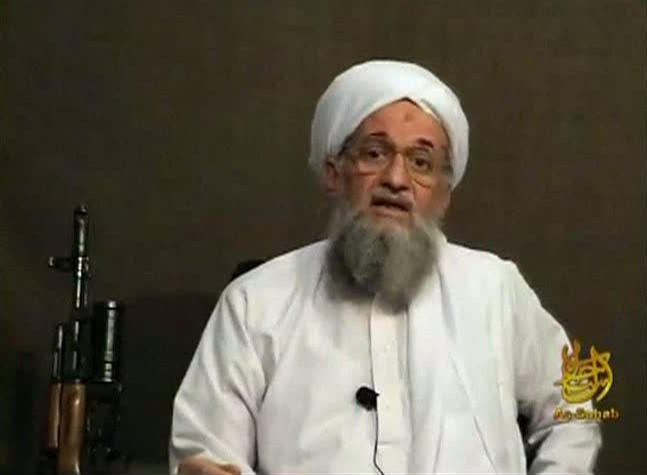Isis in the Levant: Islamic State is draining al-Qaeda of recruits and resources claim insiders

To vanquish one terrorist organisation it apparently takes another terror network, one better at recruiting and disseminating its message on social media. That's what's happening as Islamic State (Isis) grows in strength and begins to shoulder aside al-Qaeda, sources tell the Guardian.
The once mighty al-Qaeda has been drained of recruits and money, territory and prestige by the upstart crew that used to fall in line, say senior insiders. It's isolated, bereft of organisation. Al-Qaeda leader Ayman al-Zawahiri, 63, is largely cut off from his commanders and keeping the group afloat through mere appeals to loyalty, sources say.
"He operates solely based on the allegiance. There is no organisational structure. There is only communication channels and loyalty," said friend and jihadi scholar Abu Muhammad al-Maqdisi.
Isis was al-Qaeda's branch in the heart of the Middle East until the group was ejected from the network in 2014 after disobeying commands from Zawahiri and starting an internecine war with fellow jihadists in Syria which left thousands dead on both sides.
US intelligence slow to catch on
Isis has now developed a global network of affiliates and branches that stretches from Afghanistan to west Africa. Leaders call al-Qaeda a "drowned enemy" and will brook no rival in their territories.
For its part, the US has been slow to grasp the tectonic shift between the terror groups, say some observers. One faction sees the danger, former British Intelligence analyst Derek Harvey tells the Guardian.
But another faction, "the overwhelming majority of senior" US intelligence officials looking at this," he believes, considers the enmity between Isis and al-Qaeda as little more than "a squabble within." The misinterpretation of the power dynamics could lead to missteps in dealing with the Isis threat.
© Copyright IBTimes 2025. All rights reserved.






















